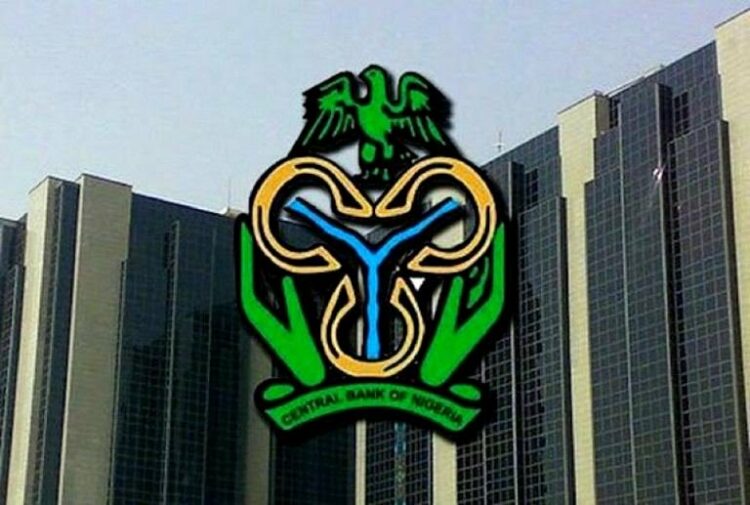The Federal Government has paid N2.03 trillion interest on loans it received from the Central Bank of Nigeria from January 2020 to November 2021.
The loans were obtained through the Ways and Means Advances, according to official data.
Ways and Means Advances is a loan facility used by the central bank to finance the government in periods of temporary budget shortfalls subject to limits imposed by law.
Data obtained from the government’s Medium-Term Expenditure Framework and Fiscal Strategy Paper 2022-2024 show N912.57bn was spent on the payments of interest on Ways and Means Advances in 2020, although there was no budgetary allocation for it in the 2020 budget.
The Federal Government spent N1.12tn on interest on Ways and Means Advances from January to November last year, the Minister of Finance, Budget and National Planning, Zainab Ahmed, said during the public presentation of the approved 2022 budget, although there was no budgetary allocation for it in the 2021 budget.
The CBN said on its website that the Federal Government’s borrowing from it through the Ways and Means Advances could have adverse effects on the bank’s monetary policy to the detriment of domestic prices and exchange rates.
“The direct consequence of central banks’ financing of deficits are distortions or surges in monetary base leading to adverse effect on domestic prices and exchange rates i.e macroeconomic instability because of excess liquidity that has been injected into the economy,” it said.
The World Bank had in November last year warned the Nigeria government against financing deficits by borrowing from the CBN through the Ways and Means Advances, saying this put fiscal pressures on the country’s expenditures.
According to the bank, the CBN financing and the fuel subsidy tend to adversely affect investments in human and physical capital.
It said that the government had always under-budgeted for debt service as the government failed to consider the cost of ways and means financing in its debt service allocation.









